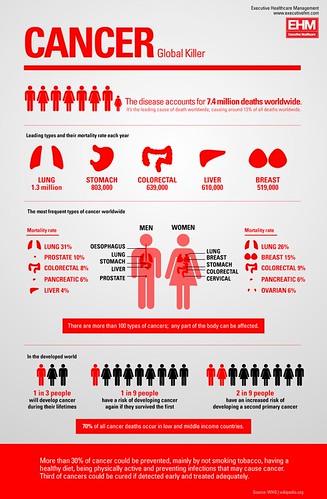How often are viruses a cause of cancer?
.It has been estimated that viruses are etiological agents in approximately 12% of human cancers. Most of these cancers can be attributed to infections by human papillomavirus (HPV), hepatitis B virus (HBV), hepatitis C virus (HCV), Epstein-Barr virus (EBV), and Kaposi’s sarcoma–associated herpesvirus (KSHV). Prophylactic vaccines against other pathogenic viruses have an excellent record as public health interventions in terms of safety, effectiveness, and ability to reach economically disadvantaged populations. These considerations should prompt efforts to develop and implement vaccines against oncoviruses. Safe and effective HBV and HPV vaccines, based on virus-like particles, are commercially available, and the major focus is now on vaccine delivery, especially to low-resource settings. HCV and EBV vaccines are under active development, but few clinical trials have been conducted, and none of the candidate vaccines has proven to be sufficiently effective to warrant commercialization. Efforts to develop KSHV vaccines have been more limited.
Source: “Vaccines to Prevent Infections by Oncoviruses” from Annual Review of Microbiology, Vol. 64: 23-41 (Volume publication date October 2010)
Related posts:
Do new treatments for illnesses make us more careless about our health?






